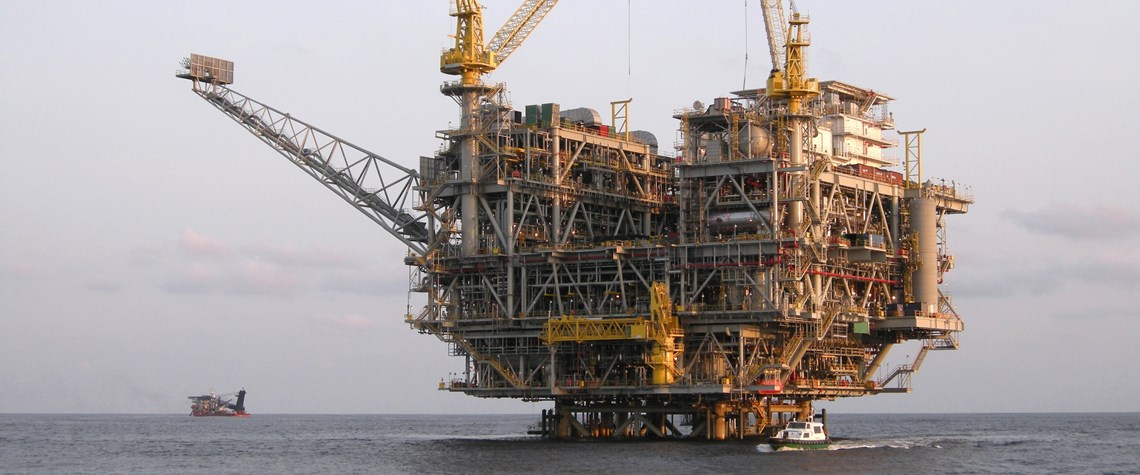Deepwater emerges from its slumber
The post-2014 investment decline can be fully arrested if processes are standardised and regulators become more responsive
A decline in deepwater investment could be halted through a combination of cost control, the standardisation of requirements, and local regulators becoming more flexible, delegates heard at the annual meeting of energy technology heavyweight Baker Hughes in Florence on Tuesday. The long development times—and therefore delay in return on investment—associated with deepwater projects have become particularly problematic since the oil price crash of 2014, but industry leaders are applying innovative approaches with the aim of overcome financial barriers. "We need to be able to develop fields in deepwater much faster than we have done, and to be much more proactive than we have been in the past,

Also in this section
26 February 2026
OPEC, upstream investors and refiners all face strategic shifts now the Asian behemoth is no longer the main engine of global oil demand growth
25 February 2026
Tech giants rather than oil majors could soon upend hydrocarbon markets, starting with North America
25 February 2026
Capex is concentrated in gas processing and LNG in the US, while in Canada the reverse is true
25 February 2026
The surge in demand for fuel and petrochemical products in Asia has led to significant expansion in refining and petrochemicals capacities, with India and China leading the way







